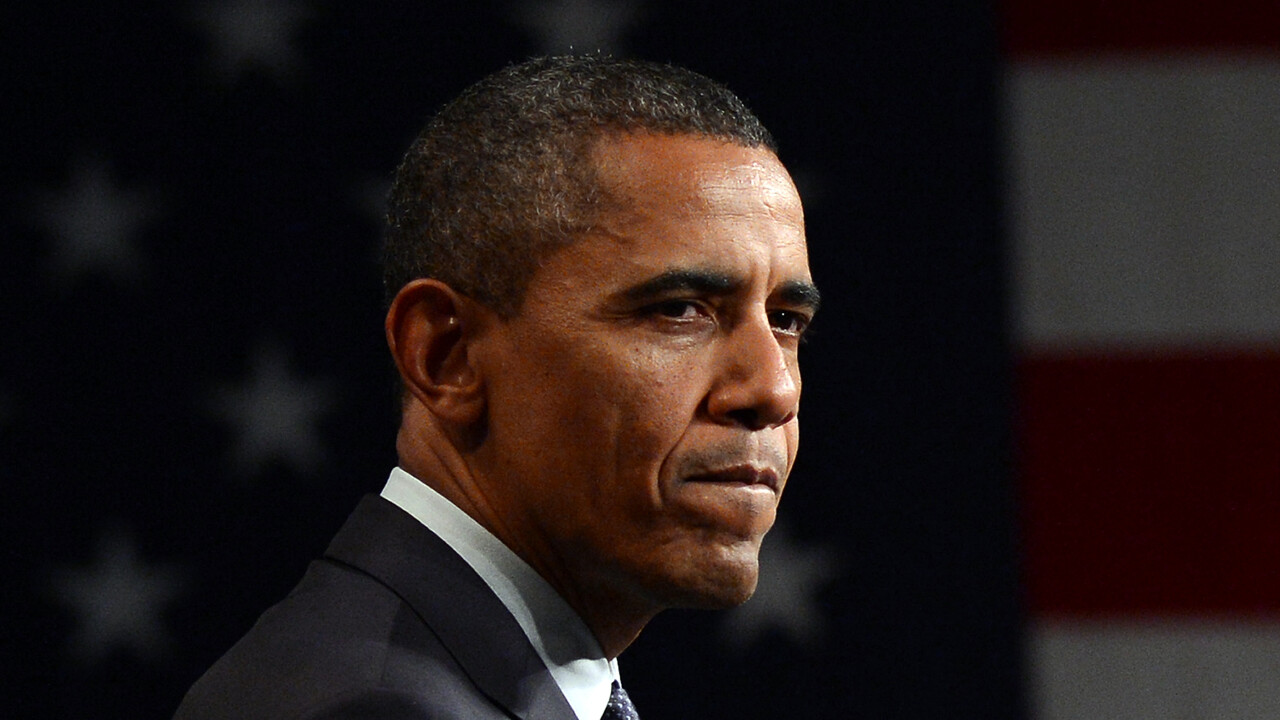
President Obama today announced a number of radical changes to the US government’s extensive surveillance programs, as reassurance that it’s striking the right balance between security and civil liberties.
The most significant change will be the abolition of the current program that collects domestic phone call metadata in bulk. The President said he would be introducing a two-step process to help the relevant security agencies to transition away from their current practices. The first will ensure that the authorities only investigate phone calls that are two steps away from a known terrorist group. That’s down from three steps, which meant that a far larger group of US citizens were potentially being monitored.
The second step will be for the intelligence community and the Attorney General to draw up plans for a new system that can give the US government the same reach and capabilities without collecting the large amount of metadata itself. Alternative approaches will need to be put forward to the President before the program is reauthorized later this year on March 28.
The US government also announced new restrictions for other forms of data gathering.
Information that is not publicly available can only be obtained by intelligence agencies if it fits one of six criteria. These include cybersecurity threats, espionage and other threats by foreign powers against the US, any threat to the US in relation to terrorism, actions that would harm the nation’s interests surrounding weapons of mass destruction, and threats to US or allied armed forces. In addition, the President said the relevant agencies will now “limit the duration that we can hold personal information, while also restricting the use of this information”.
He reiterated that the US government cannot collect large amounts of data in order to give US companies a competitive edge, or “for the purpose of indiscriminately reviewing the emails or phone calls of ordinary people”.
To ensure these sweeping changes are implemented properly, a new senior officer will be appointed to oversee issues related to technology and signals surveillance. Counselor John Podesta will also lead a review of big data and privacy concerns related to US government intelligence agencies.
“This group will consist of government officials who—along with the President’s Council of Advisors on Science and Technology—will reach out to privacy experts, technologists and business leaders, and look at how the challenges inherent in big data are being confronted by both the public and private sectors; whether we can forge international norms on how to manage this data; and how we can continue to promote the free flow of information in ways that are consistent with both privacy and security,” the President said.
Ben Woods contributed to this report.
Read Next: Independent committee makes 46 recommendations after reviewing US surveillance programs
Image Credit: JEWEL SAMAD/AFP/GettyImages
Get the TNW newsletter
Get the most important tech news in your inbox each week.





